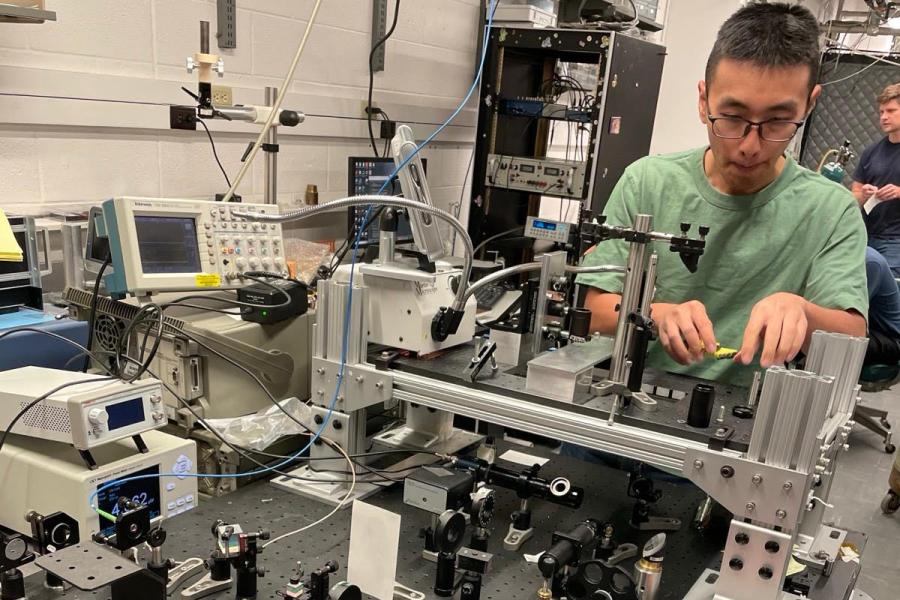
Physicists take step toward a holy grail for electron spins
Their breakthroughs came in part by interweaving two fields: 2D materials and spintronics, also known as spin electronics.
Read more Department Homepage
The College of Arts & Sciences
Department Homepage
The College of Arts & Sciences
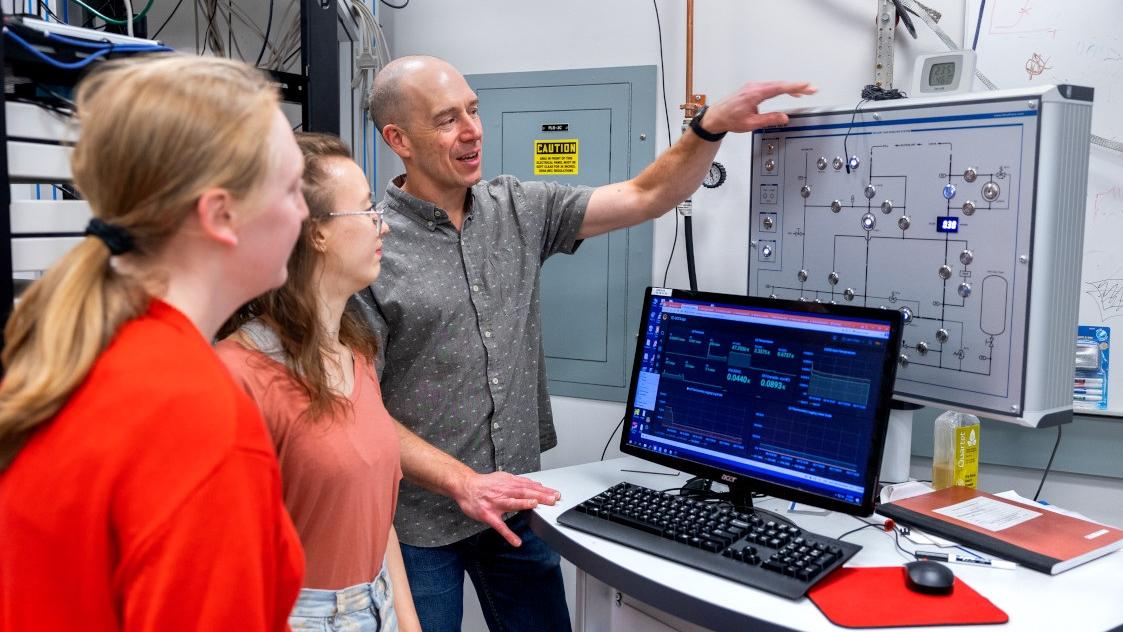
Uniquely versatile undergraduate and graduate programs, an unrivaled breadth of research training, and Nobel Prize-winning work in world class facilities, defines the Department of Physics at Cornell University as a national and global leader in physics training and education. The department has more than 40 active professors, approximately 180 graduate students and 65 undergraduate majors, and offers a full range of university-level work in physics, from general education courses for nonscientists to doctoral-level independent research.

Their breakthroughs came in part by interweaving two fields: 2D materials and spintronics, also known as spin electronics.
Read more.jpg)
The professorships are made possible because of gifts from alumni, parents and friends.
Read more

A Cornell research team has employed a variation of a theory first used to predict the collective actions of electrons in quantum mechanical systems to a much taller, human system – the National Basketball Association.
Read more
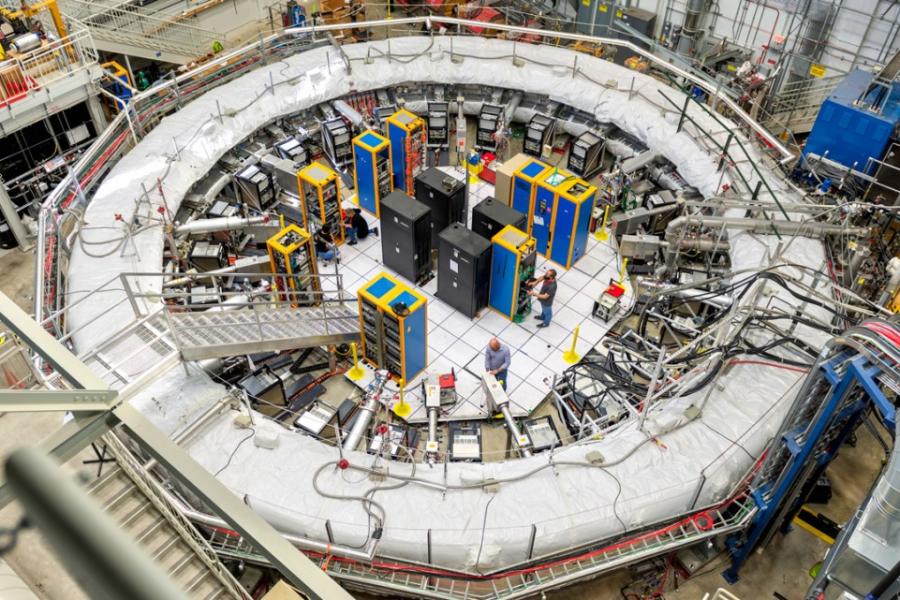

The international, interdisciplinary team measured the magnetic anomaly of the muon – a tiny, elusive particle that could have very big implications for understanding the subatomic world.
Read more
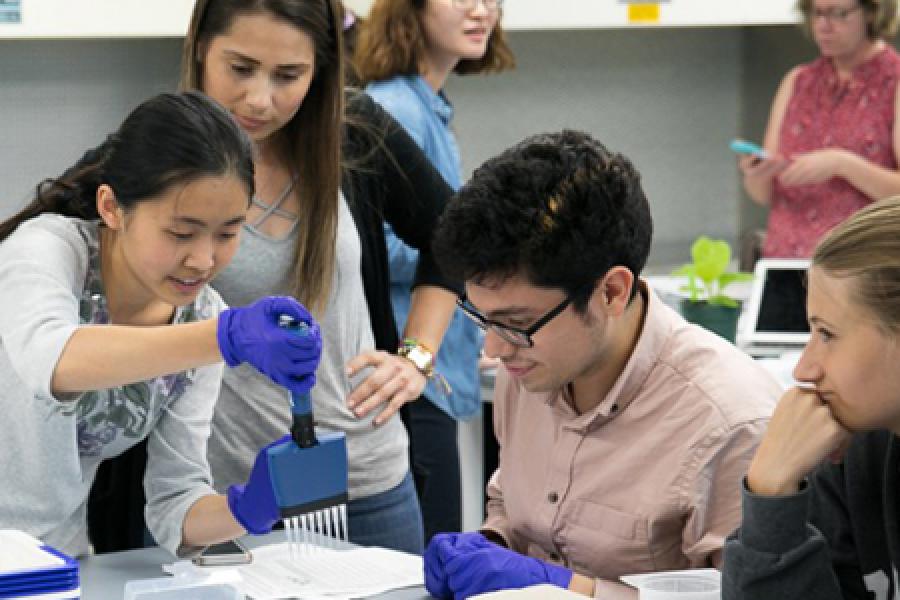
"Students across the country are going to miss out on innovative improvements to their science education – innovations that would have critically prepared them for the competitive 21st century technological workforce."
Read more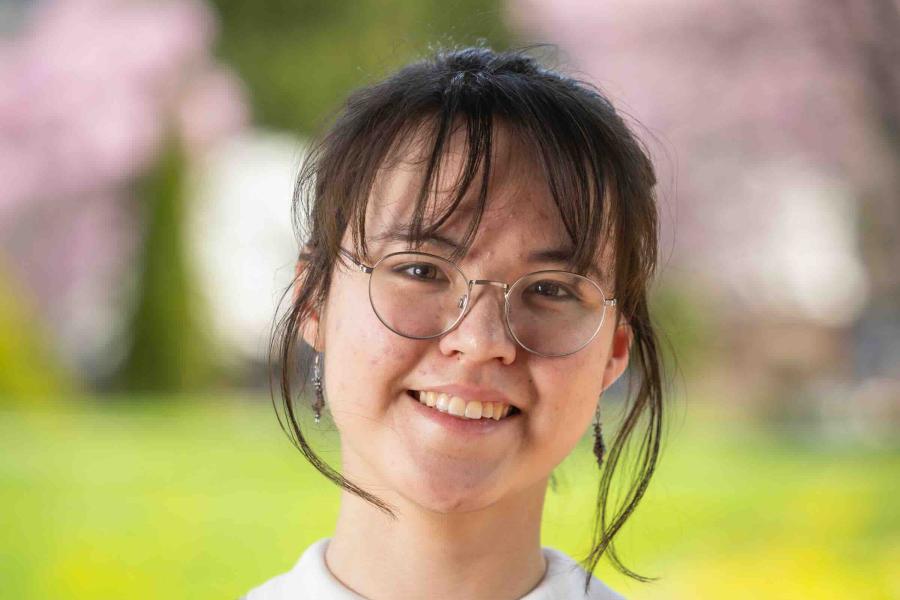
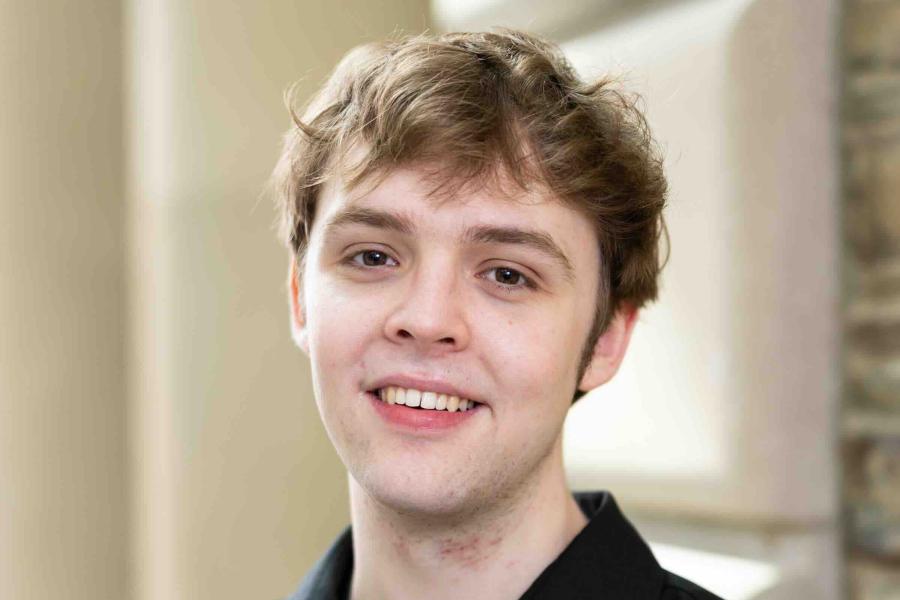
Owen Wetherbee is a physics, mathematics & computer science major.
Read more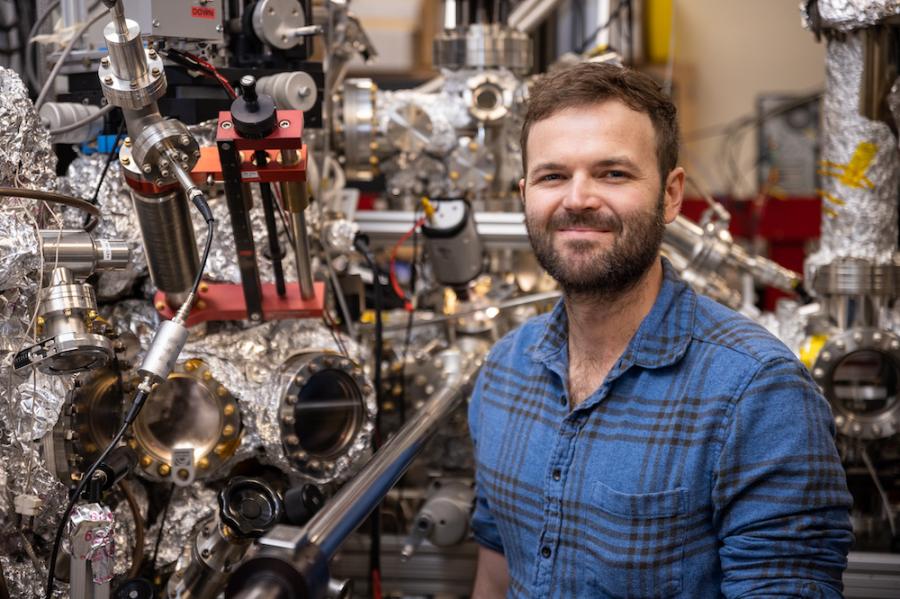
Paul Malinowski received the 2025 Martin and Beate Block Winter Award from the Aspen Center for Physics.
Read more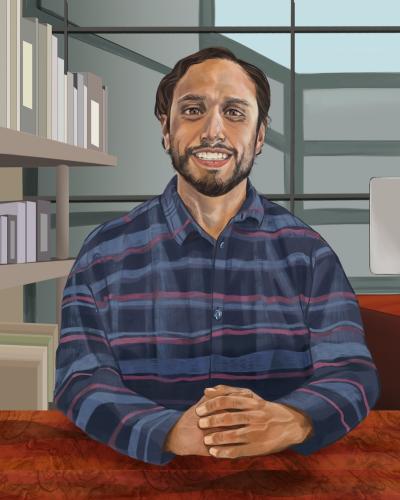
BA Physics and Math
Financial Analyst, Soccer Fan, Physicist!
Steven (he/him) turned his physics analysis skills to the field of finance. His path has led him through several different companies in various roles managing data and using complex forecasting models to inform financial decisions like product pricing, budgeting and strategic planning. In his free time, Steven enjoys reading non-fiction, soccer, and running his own stock portfolio.
The analytical and problem-solving skills from physics have been of much use to him in the corporate world

BA Physics and Art History
Art Historian, Photographer, Physicist!
Victoria (she/her) followed her physics degree with a PhD in visual and cultural studies from the University of Rochester. She then became Director of the Bannister Gallery and Adjunct Professor of Art History at Rhode Island College. Through her career, Victoria has been able to turn her passions into her work. In her free time, she enjoys baking.
The critical thinking skills she developed as a physicist have always helped her along the way.
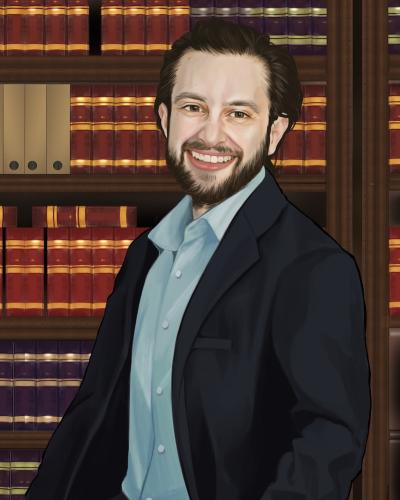
BA Physics and Economics
Lawyer, Boston Sports Fan, Physicist!
David (he/him) went from Cornell physics to Boston College where he earned degrees in law and business administration. He held several positions in both marketing and law and then became a lawyer for a biological engineering lab at Harvard. In his free time, he enjoys working on his house.
Physics has been his most valuable degree, developing his problem-solving and creative thinking skills.
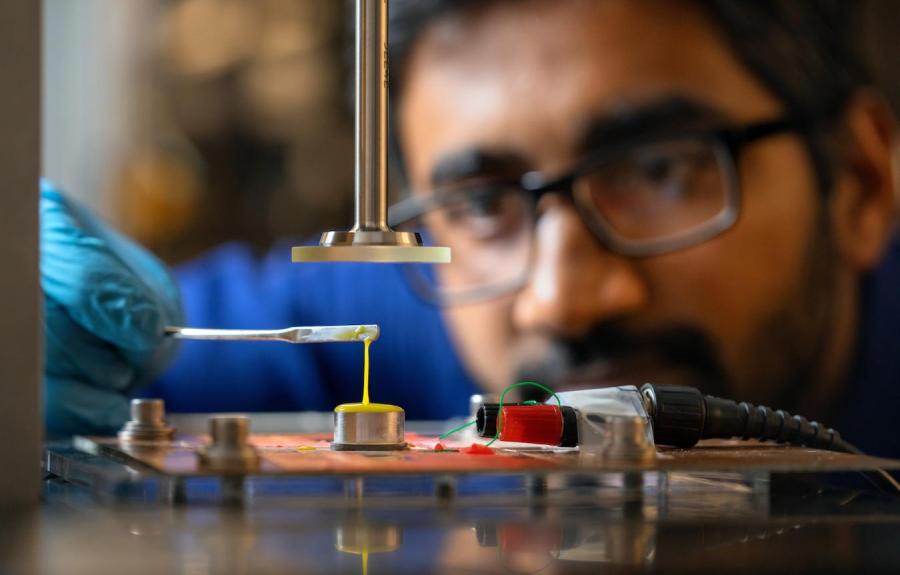
Research in the department is organized in two laboratories, the Laboratory of Atomic and Solid State Physics (LASSP) and the Laboratory for Elementary Particle Physics (LEPP). Explore the links below to learn more about the major research areas of the department and the facilities available to researchers.